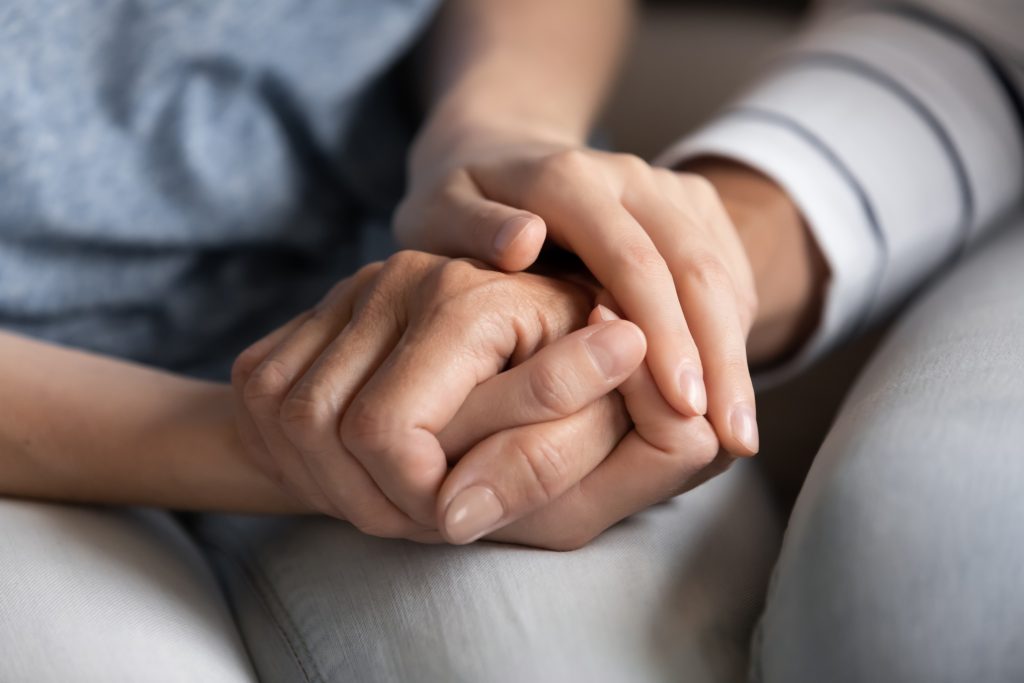Cancer
Understanding the Ripple Effects of a Cancer Diagnosis: Navigating Mental Health and Support Systems

Receiving a cancer diagnosis can feel like being caught in a sudden wave that disrupts every aspect of life. Beyond the physical toll it takes on the body, cancer’s impact extends far into the realm of mental health and support systems.
As a specialist cancer therapist in the UK, I’ve witnessed firsthand the profound ripple effects that accompany a cancer diagnosis. In this blog post, we’ll explore how cancer affects not only the patient but also their mental well-being and the network of support around them.
The Emotional Rollercoaster
A cancer diagnosis can trigger a wide range of emotions, from shock and disbelief to fear, anger, and sadness.
Patients often experience a sense of vulnerability and uncertainty about the future.
Questions about treatment options, prognosis, and potential lifestyle changes can add to the emotional burden.
The fear of the unknown can be particularly overwhelming, as the patient’s life is suddenly overwhelmed with doctors appointments, tests and treatment.

Navigating Mental Health Challenges
Managing the psychological impact of cancer is an integral part of the treatment process. Many patients experience heightened levels of anxiety and depression, which can exacerbate physical symptoms and compromise overall well-being. It’s essential for patients to have access to emotional support and counselling services to address these mental health challenges effectively.
As a cancer therapist, I work closely with patients to provide a safe space for them to express their feelings and fears. Through counselling, we explore coping strategies and resilience-building techniques to help patients navigate the emotional rollercoaster of cancer.
From mindfulness exercises and a person-centred approach, there are various tools and interventions available to support patients in managing their mental health.

The Impact on Support Systems
Cancer doesn’t just affect the individual diagnosed; it also has a resounding impact on support systems, including family, friends, and caregivers. Loved ones often experience their own emotional turmoil as they come to terms with feelings of helplessness, guilt, and grief. They may also face practical challenges, such as balancing caregiving responsibilities with work and other commitments.

Open communication and mutual support are crucial for maintaining strong relationships during this challenging time. Patients and their loved ones must prioritise honest dialogue, empathy, and understanding.
Seeking support from support communities, and professional counselling services can also provide invaluable resources for both patients and their support network.
Finding Hope and Resilience
Amid the emotional rollercoaster of a cancer diagnosis, it’s important to recognise that there is still room for hope and resilience.
Many patients draw strength from their support networks, finding comfort in the love and encouragement of family and friends.
Embracing a positive mindset and focusing on small victories can also help patients navigate the ups and downs of their cancer journey.
As a cancer therapist, I believe by fostering a supportive environment and providing patients with the tools they need to cope effectively, we can help them navigate the challenges of cancer and emerge stronger on the other side.
A cancer diagnosis sends ripples through every aspect of a patient’s life, affecting their mental health and support systems in profound ways.
By acknowledging the emotional impact of cancer and prioritising mental health support, we can help patients and their loved ones navigate this challenging journey with resilience and hope.
You are not alone in your cancer journey, whether a patient or supporting a loved one, there is support available to you.



